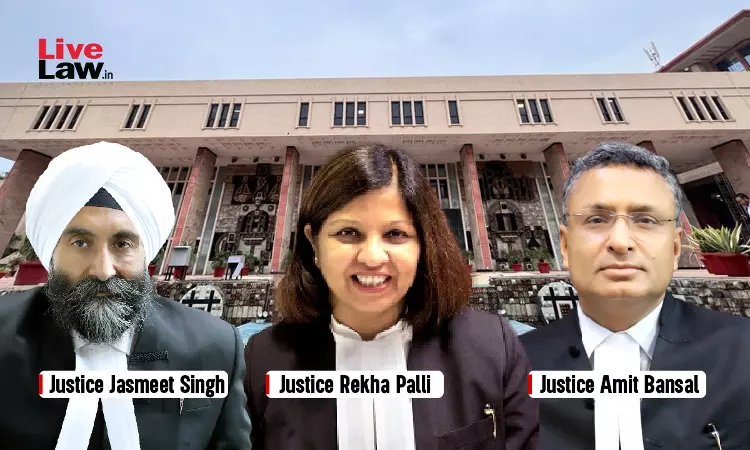Orders Passed U/S 12 Of Guardians And Wards Act Appealable U/S 19 Of Family Courts Act: Delhi High Court
Nupur Thapliyal
16 Oct 2024 8:51 PM IST

Next Story
16 Oct 2024 8:51 PM IST
A full bench of Delhi High Court on Wednesday ruled that the orders passed under Section 12 of the Guardians and Wards Act would be appealable under Section 19 of the Family Courts Act.Section 12 of Guardians and Wards Act gives power to the Family Court to pass interlocutory order for production of minor and interim protection of person and property. Section 19 of Family Courts Act states...
